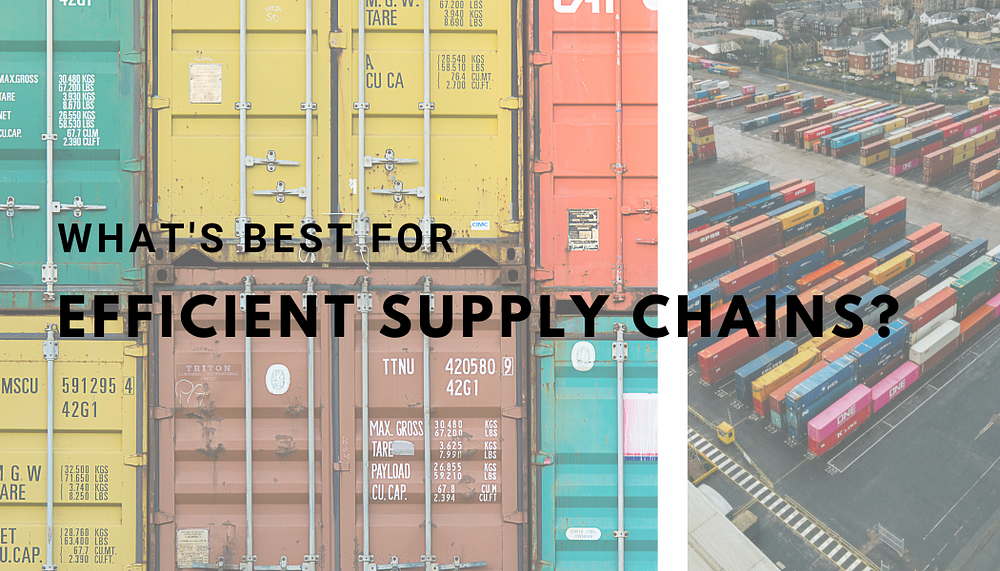An Interim Manager is your success supplier!

Supply chain management is a critical aspect of any business, and it plays a pivotal role in determining the success of an organization. The supply chain process involves several stages, such as planning, sourcing, manufacturing, and delivery, which must be executed seamlessly to ensure optimal efficiency and productivity. However, many organizations face challenges in their supply chain operations, which can lead to delays, increased costs, and decreased customer satisfaction. This is where interim managers can come in to provide support and help streamline the supply chain process.
Here are some of the ways in which interim managers can support supply chain management:
Enhancing Supply Chain Strategy Interim managers can help develop and implement supply chain strategies that can increase efficiency and productivity. They have extensive knowledge of supply chain best practices and can identify areas that require improvement. They can work with the supply chain team to implement new processes, streamline operations, and enhance overall performance.
Managing Supply Chain Risks Supply chain management involves several risks, such as delays, disruptions, and supply shortages. Interim managers can help identify potential risks and develop contingency plans to mitigate these risks. They can also work with suppliers to ensure that there is a robust supply chain network in place that can handle any disruptions that may arise.
Implementing Technology Solutions Technology plays a vital role in supply chain management, and interim managers can help implement technology solutions that can streamline operations and increase efficiency. They can evaluate existing systems and processes and recommend new technologies that can automate processes, reduce costs, and improve overall performance.
Improving Supplier Relationships Interim managers can work with suppliers to improve communication, collaboration, and overall relationships. They can help establish clear expectations and ensure that suppliers are meeting the organization’s needs. They can also negotiate better terms and contracts with suppliers to reduce costs and improve delivery times.
Managing Change Change management is essential in supply chain management, and interim managers can help manage change effectively. They can help communicate changes to the supply chain team and stakeholders, address any concerns or issues that arise, and ensure that the changes are implemented smoothly.
Supply chain management is a critical aspect of any business and organizations must ensure that they do not miss out on opportunity to make it best!